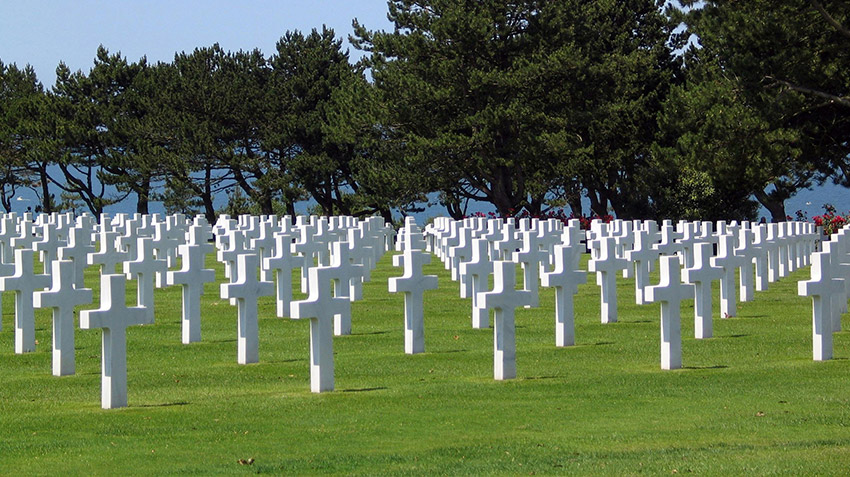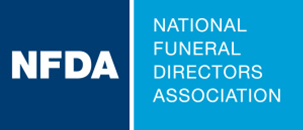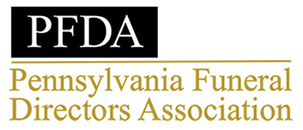
Writing a eulogy for a veteran can feel daunting, especially when trying to encapsulate a life of service, sacrifice, and personal stories into a few meaningful words.
However, a eulogy serves a crucial purpose: it honors the veteran’s life, celebrates their achievements, and provides closure for those grieving their loss.
This blog post will show you how to write a eulogy that resonates with family, friends, and community members, while also reflecting the unique values that define a veteran’s life.
Understanding the Purpose of a Veteran’s Eulogy
When learning how to write a eulogy for a veteran, you need to understand its purpose. A veteran’s eulogy is not just a tribute to their military service; it is also a celebration of their personal life and the legacy they leave behind. This dual role is significant, as it acknowledges the bravery and dedication of the individual while also highlighting their character outside of the uniform. Eulogies provide comfort to attendees by sharing cherished stories, allowing everyone to reflect on the veteran’s impact on their lives. It’s essential to convey the core values that define the veteran: courage, patriotism, resilience, and the many ways these qualities shape their relationships with others.
Recognizing Key Elements to Include
When crafting your eulogy, consider including key elements that will help tell the veteran’s story. Begin with an introduction where you introduce yourself and explain your relationship with the veteran. This personal touch helps set the tone for the eulogy. Next, highlight the veteran’s military service by mentioning their branch of service, rank, notable achievements, deployments, and any special honors or medals they received. This provides context for their dedication and the sacrifices made during their service.
Incorporate personal anecdotes to share meaningful, light-hearted, or touching stories that reveal the veteran’s character beyond their military identity. Personal anecdotes can illustrate their personality and values in a way that resonates deeply with those present. Emphasize how the veteran touched the lives of family, friends, and the community by sharing stories that showcase their kindness, humor, or wisdom, illustrating how they made a difference in the lives of those around them. Conclude with a heartfelt expression of gratitude for their service and a reflection on how they will be remembered. This is your opportunity to leave the audience with a lasting message of hope and remembrance.
Gathering Information
Before you start writing, it’s essential to gather information that will inform your eulogy. Engage with family and friends to collect stories and unique memories. Each person may have different insights that can add depth to your eulogy. Reviewing military records or awards ensures accuracy when referencing achievements, adding credibility to your eulogy. As you prepare, ask yourself what qualities defined the veteran’s life. Identifying traits like loyalty, kindness, and humor can help shape the narrative.
Including Meaningful Touches
Consider including a quote, poem, or song that reflects the veteran’s spirit or their favorite saying. This can provide a poignant touch that resonates with the audience. Structuring your eulogy can make it easier to write and deliver. Start with a brief introduction or a meaningful quote that captures the essence of the veteran. Divide the eulogy into sections covering military life, personal anecdotes, and shared memories. This organization will help the audience follow along and maintain engagement. End with a heartfelt message of thanks and farewell, acknowledging the loss while celebrating the life that was lived.
Balancing Emotion with Clarity
When learning how to write a eulogy, you need to balance emotion with clarity. Write as you speak to keep the tone conversational and natural, making your delivery more relatable and heartfelt. Stay positive and respectful, even when recalling challenges or difficulties, focusing on the lessons learned and the strength displayed. Acknowledge your grief but strive to celebrate the life well-lived; sharing smiles amid tears can be healing. Incorporate phrases like “we remember” or “we honor” to create a sense of community and shared experience among the audience.
Practicing Your Delivery
Once your eulogy is written, practising is crucial. Read your eulogy aloud to help with timing and find the right emotional balance. Familiarity with the content will boost your confidence during delivery. Having a printed copy can be reassuring, and it’s perfectly acceptable to read directly from notes if needed. If you feel overwhelmed, take a moment to breathe; it’s okay to pause and collect your thoughts. Consider having someone ready to step in if delivering the eulogy becomes too difficult.
Knowing What to Avoid
While writing your eulogy, it’s important to know what to avoid. Focus on the positive aspects of the veteran’s life and steer clear of negativity or unresolved conflicts. Authenticity is more important than perfect wording, so don’t worry about formality. Share anecdotes that create a comfortable atmosphere, and avoid private or controversial stories that could make the audience uneasy.
Seeking Additional Resources
You don’t have to navigate this process alone. There are numerous resources available to assist in crafting a meaningful eulogy. Military records retrieval from organizations like the VA or National Archives can help you gather accurate information about the veteran’s service. You can also find recommended poems, prayers, and quotes for veterans’ services that might resonate with the audience. If you’re looking to enhance your public speaking skills, consider exploring tools or apps that offer tips for effective speaking.
Frequently Asked Questions
Below are some commonly asked questions to consider:
1. How early should I start writing the eulogy?
It’s best to start writing as soon as possible after learning about the funeral. Even a few days can help you gather thoughts, seek input from others, and refine your speech.
2. What if I didn’t know the veteran very well?
In such cases, talk with close family members or friends to gather stories. You can also focus on expressing gratitude for their service and the impact they had on their community.
3. Can multiple people deliver the eulogy together?
Yes, having multiple speakers is perfectly acceptable. You can divide the eulogy into sections, with each person sharing different memories or aspects of the veteran’s life.
Learning how to write a eulogy doesn’t have to be perfect
Ultimately, writing a eulogy for a veteran is about honoring their life and legacy. While it may seem overwhelming at times, remember that there is no pressure to write the perfect eulogy. What matters most is the sincerity behind your words and the love you convey as you share their story. As you gather your thoughts and prepare to speak, keep in mind that you are providing comfort not only for yourself but for everyone gathered to remember a remarkable individual.
If you want to learn more about how to write a eulogy, get in touch with a professional funeral services provider.



